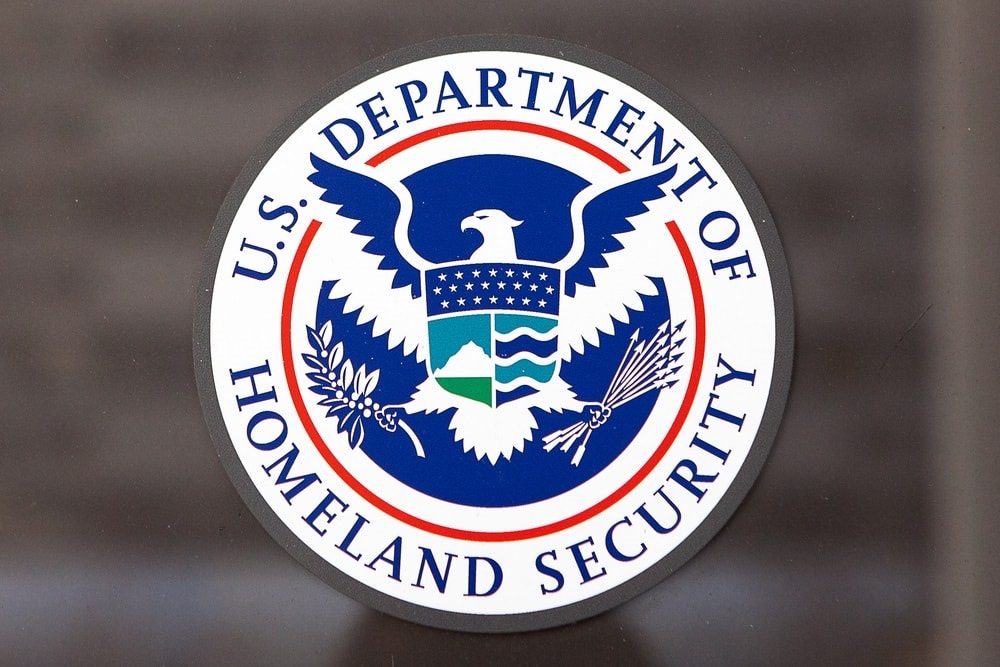Civil monetary penalties for knowingly hiring and retaining unauthorized aliens, as well as for paperwork violations increase on August 1, 2016.
Assessing the potential liabilities and fines an acquiring company could face if it retains the I-9s of an acquired company is an important part of M&A due diligence. However, this assessment is often overlooked and not done until after the deal closes. As immigration attorneys, we see this firsthand, as we are often brought in after the due diligence period.
The Options
In the M&A context, an employer has two options for handling the I-9s of newly acquired employees. The employer may treat the new employees as new hires and complete new I-9s for all of these employees, or, alternatively, the employer may elect to inherit the acquired company’s I-9s. Of course, this means inheriting the prior employer’s potential liabilities for errors or omissions on the forms and even liabilities for continuing to employ individuals the employer knew or should have known were not authorized to work. The immigration regulations allow the new employer to inherit acquired employees’ I-9s where the employees are continuing in their employment and have a reasonable expectation of employment at all times.[1] The regulations further provide that employees continue in their employment with a related, successor or reorganized employer when the new employer continues to employ some or all of the previous employer’s workforce in cases involving a corporate reorganization, merger or sale of stock or assets.[2]
The Assessment
Ideally, an employer will conduct a full audit of the soon-to-be acquired company’s I-9s during the due diligence period. Depending on the number of I-9s and other factors such as timing, a full audit may not be practicable. In such circumstances, a partial or spot audit could still yield valuable information upon which a decision to retain or complete new I-9s could be made.
Employers should determine whether:
- An I-9 exists for each employee
- An inventory has been completed for all I-9s
- Any internal I-9 audits have been recently completed
- They will be able to have access to the I-9s prior to deal close
For predecessor companies that are registered for E-Verify, consider whether:
- All employees hired after E-Verify registration have been successfully processed through E-Verify
- All cases in process have been successfully resolved prior to the anticipated closure of the company’s E-Verify account
- All E-Verify reports have been downloaded, particularly the Quick Audit Report
- E-Verify has been notified to close the account on or about the date the deal closes
The information elicited through the above questions can help inform the decision on whether to inherit the company’s I-9s or complete new I-9s for acquired employees. There is no one right answer, and the decision will depend on the particular facts of each M&A deal.
The Penalties
While there are criminal penalties for persons or entities engaged in a pattern or practice of hiring or continuing the employment of “unauthorized aliens,” it’s the two types of civil penalties companies should focus their attention on to assess exposure: paperwork violations and knowingly continuing to employ an individual who is not authorized to work. Typically, in an M&A scenario, paperwork violations are the most prevalent. Therefore, a full or partial audit of the I-9s to be acquired is essential. However, even knowingly continuing to employ violations are possible, for example, in the situation whether the acquired company is sponsoring an employee for permanent residence and where the employee indicated on Form I-9 that he or she was a permanent resident.
The Departments of Justice and Homeland Security recently announced that they will adjust for inflation the civil monetary penalties for I-9 violations that occurred after November 2, 2015. These new fines take effect on August 1, 2016.
Maximum fines for paperwork violations will increase from $1,100 to $2,156 per employee. Maximum fines for knowingly hiring or continuing to employ an individual not authorized to work will increase from $3,200 to $4,313 per individual for a first offense, from $6,500 to $10,781 for a second offense, and from $16,000 to $21,563 for a third or subsequent offense.
The U.S. Department of Homeland Security’s Immigration and Customs Enforcement (ICE) is charged with enforcing the employment verification laws. Although I-9 inspections by ICE have decreased in the last couple of years, it’s always possible that there will be an uptick in enforcement activity, as we saw in fiscal years 2011, 2012 and 2013.
Conclusion
Bring in immigration counsel early during the due diligence period to help assess potential I-9 liabilities. Fines can quickly add up, even for paperwork violations, which include missing I-9s or mistakes on I-9 forms. With the new increase in fines as of August 1, 2016, it’s even more important for employers to focus on I-9 liability during M&A due diligence.
[1] 8 C.F.R. § 274a.2(b)(1)(viii)
[2] 8 C.F.R. § 274a.2(b)(1)(viii)(A)(7)(ii)



 Michael Boshnaick, a partner with Fragomen Worldwide, partners with corporate clients to provide strategic counsel on all matters involving U.S. immigration and nationality law, as well as policy and compliance, to manage large immigration programs. He guides corporate clients on immigration aspects of mergers, acquisitions, divestitures, outsourcing and corporate restructuring, as well as I-9 employer sanctions matters.
Michael Boshnaick, a partner with Fragomen Worldwide, partners with corporate clients to provide strategic counsel on all matters involving U.S. immigration and nationality law, as well as policy and compliance, to manage large immigration programs. He guides corporate clients on immigration aspects of mergers, acquisitions, divestitures, outsourcing and corporate restructuring, as well as I-9 employer sanctions matters.






